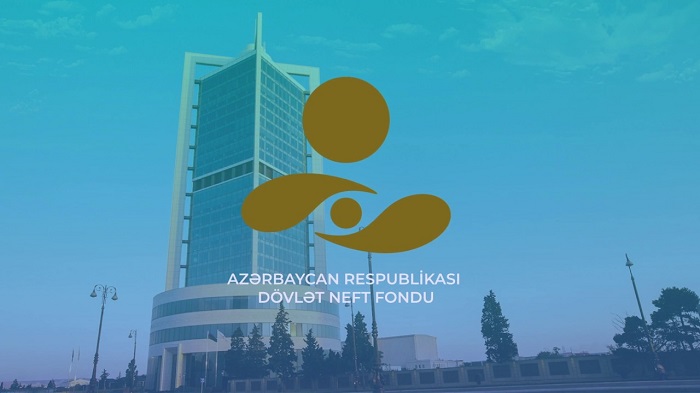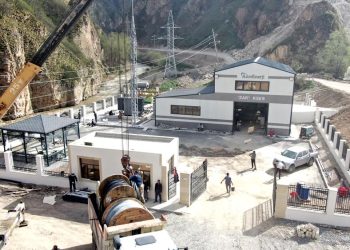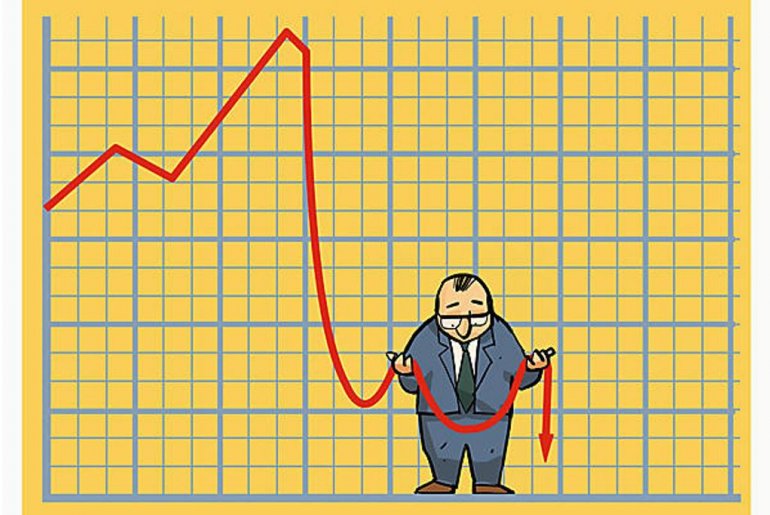In January and February 2014 721,100 tons of oil products were delivered to the local market of Azerbaijan.
According to the monthly report of the Azerbaijan State Statistical Committee, during two months 2014 deliveries to the local market decreased by 6.7% against the same period last year (772,600 tons).
During this period 192,800 tons of petrol, 173,600 tons of diesel fuel, 71,900 tons of aviation kerosene, 62,900 tons of black oil, 41,000 tons of oil bitumen, 30,300 tons of liquefied gas and 148,600 tons of other oil products were delivered to the local market.
By March 1, 2014 storages of Azerbaijan’s oil refineries had 31,700 tons of petrol, 3,500 tons of virgin petrol, 47,200 tons of aviation kerosene, 59,400 tons of diesel fuel, 11,200 tons of lubricating oils and 6,400 tons of oil bitumen.
According to the Azerbaijan Centre for Oil Studies, there are several reasons of decline of deliveries of oil products to the local market. Deliveries of automobile gasoline declined by 3,300 tons (the deliveries declined by 55.9 tons a day) and deliveries of diesel fuel dropped by 22,400 tons (reduced by 379.6 tons a day). Why did such a decline happen? The first reason is rise in fuel prices by 30-34% in December 2013, as a result of which the car owners started consuming fuel more efficiently. On the other hand, police banned parking of cars downtown Baku (the price of paid parking lots is very high for middle class). As a result of that, downtown is free from traffic jams, which has also affected the fuel consumption.
During two months import of cars into the country dropped by more than 1000 units and this tendency will continue this year, because from April 1, 2014 the authorities banned import of cars that do not meet Euro-4 ecological standards. This means that Japanese cars made before 2011 or European cars made before 2005 will never be imported into the country. This means that local market will be supplied with modern cars, which consume fuel efficiently.












